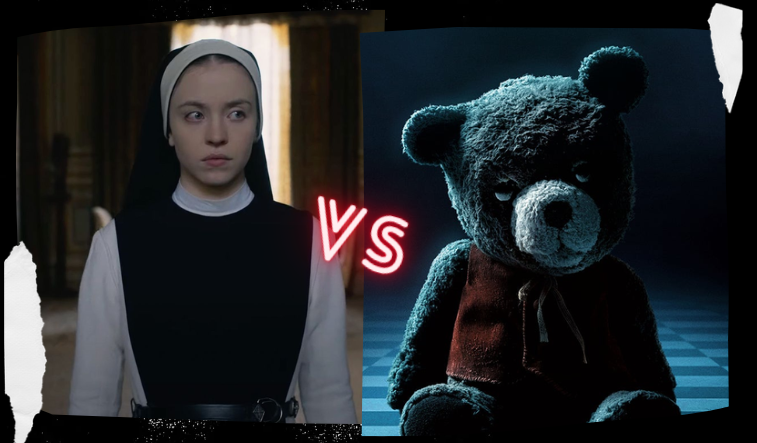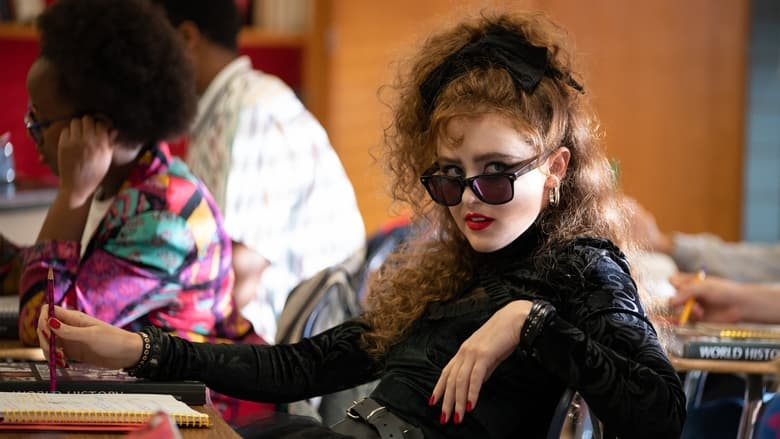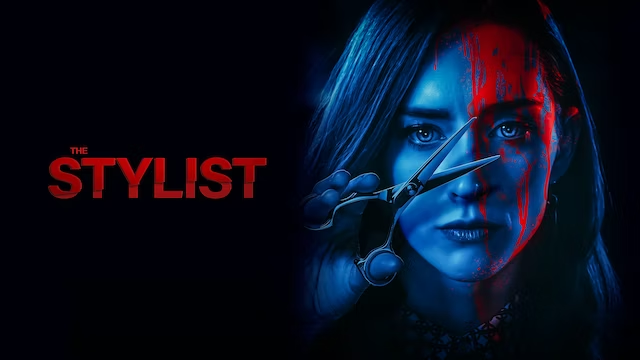I know what you’re thinking – Poor Things isn’t a horror. And you’d be right. But sometimes you see something so wonderfully bizarre, something so stunning, that you have to step outside of your remit. Having had the privilege of seeing Poor Things at London Film Festival, I wanted to share my thoughts. I will refrain from spoilers in the plot summary and review, but you may want to leave the “further thoughts” section, if you haven’t seen it yet.

The Plot
Bella Baxter (Emma Stone) lives with Godwin, aka “God” (Willem Dafoe) in London. Bella is a creation of God’s, of sorts, and has an under-developed brain – at the start she talks and moves like a child. As she grows she wishes to see more of the world and although she becomes close with one of God’s students, Max (Ramy Youssef), she ends up going on a journey of self discovery with Duncan (Mark Ruffalo).
As they journey across Europe, Bella “grows up” discovering her sexuality and learning about philosophy, making friends, trying new things, seeing different types of people and learning about the importance of the people you love.

Review
True to every film directed by the incomparable Yorgos Lanthimos, Poor Things is a perfect combination of fantasy, black comedy and a little horror.
Emma Stone is wonderful as Bella, playing each stage of her growth in a hilarious, but believable, way. She toddles around on her unstable legs when she’s young, lashes out without thought of consequence in her “teenage” stage and discovers curiosity with a wonderful naivety. Willem Dafoe as the doctor plays a combination of doting father figure and mad scientist. His love for Bella and his work are both beautifully portrayed. Mark Ruffalo is a show stopper, the changes in his character during his time knowing Bella were darkly comic in a way that had me both laughing and groaning at – an amazing choice to play opposite a force like Stone. Ramy Youssef also had some fantastic moments as the less boisterous character of Max, he is unassuming and gentle, but with some really comedic lines that required some wonderfully executed timing.
Visually, Poor Things is stunning. The European scenes are fantastical, similar to anime. It brings up thoughts of the castle in Howl’s Moving Castle and the floating islands of Castle in the Sky. You enter into the film in black and white, which helps separate Bella’s European escapades from her early life in London. As she grows so do the colours, showing how she is blooming.
I liked the small elements of horror, particularly body horror, that are incorporated. As a doctor, Willem Dafoe had plenty of opportunities to cut people open, but it always has an element of comedy.
Speaking of which, Poor Things is very funny. The dark humour that is a trade mark of Lanthimos is throughout, both in dialogue and physically. Emma Stone’s physicality was perfect throughout and Mark Ruffalo had the best faces. (See below).
The overall story didn’t drag but wasn’t too fast faced, it knew where it was going and pulls you through with hilarity along the way. I defy anyone to not enjoy this film. I’m not a big fan of giving 5 stars to something I’ve only seen once but if a film ever deserved it, it’s this.
5 stars, if you’re into that.

Further Thoughts
Poor Things can be seen as a metaphor for so many things, but the two that stood out to me are growing up and womanhood.
Growing up
Throughout the film Emma Stone’s Bella essentially races through being a child to a teenager, to a young woman and then to a woman. She goes through the stages quickly, faster than at normal speed, her mind trying to catch up to where her body already is. Each stage represents a foible that you come to while you grow.
Womanhood
As Bella discovers her sexuality, she also discovers what it is like to enter womanhood. As men are praised for having multiple sex partners, women are called whores, as men are allowed to experience pleasure, women are held back from it. Bella works against these ideas, taking her naivety and using it to reflect ideas of misogyny. It is a truly profound piece of cinema that doesn’t hold back from taboo subjects such as sex work and FGM and I applaud that.



